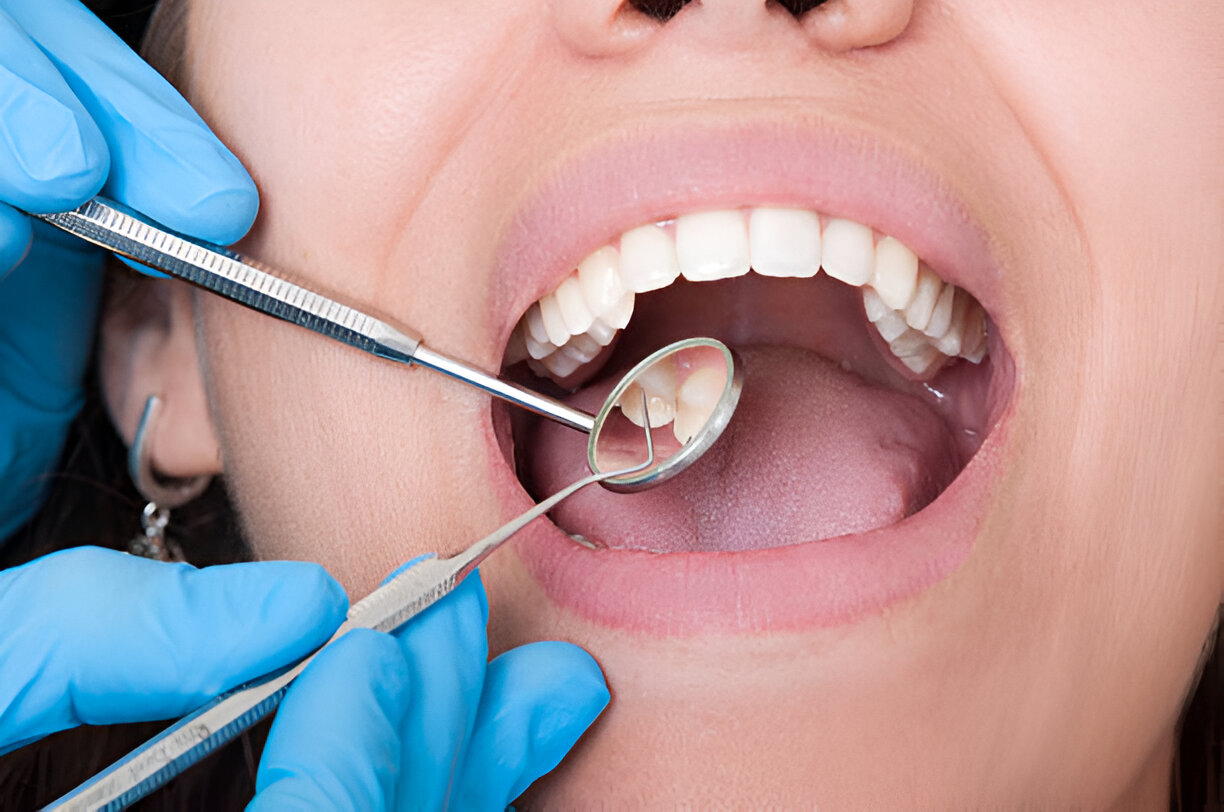Undergoing a tooth extraction can feel a little daunting, but knowing what to expect during recovery can make the healing process much smoother. While you will need slightly different aftercare depending on the specific procedure and reason, there are general instructions that can help prevent complications and get you back on your feet (and smile) as soon as possible.
We will walk you through our most essential tips for healing after a tooth extraction in Houston.
Smooth Recovery After a Tooth Extraction
There are several reasons why your dentist might have recommended a tooth extraction. The most common cases are severe tooth decay or infection (that can’t be addressed with a root canal procedure), advanced gum disease, fractured or overcrowded teeth, or impacted wisdom teeth.
In most cases, a complete healing process will take between 3 to 4 weeks total, but most patients will be going back to their normal activities within a week or two. As we see it, there are 3 key aspects of this process: the first day after the extraction, your diet, and how you keep your oral hygiene. Get to know our best recommendations for each:
The First 24 Hours
The first day after your tooth extraction is key for determining how the whole recovery process will develop. Of course, make sure to follow the specific instructions your dentist provides, but the most important activities are:
- Controlling bleeding: have enough gauze to bite on and identify when it’s time to change it.
- Managing pain and/or swelling: with ice packs, over-the-counter medications, and prescribed pain relievers if applicable.
- Protecting the blood clot: by avoiding certain mouth activities like rinsing, spitting, or using staws.
- Resting: you shouldn’t engage in strenuous activity for at least the first 48 hours, as proper rest will prevent bleeding, avoid dry socket, and promote healing.
Recovery Diet
Taking care of your diet is essential for keeping the extraction area clean and avoiding accidents. Generally speaking, stay away from foods that could irritate the site and stick to soft, easy-to-eat foods for the first days.
- Best foods to eat after a tooth extraction: smoothies and shakes for added nutrients, warm soups or broths, mashed potatoes, yogurt, applesauce, scrambled eggs, soft-cooked vegetables, pudding, jelly, etc.
- Foods to avoid after a tooth extraction: hard, sticky, hot, crunchy, spicy or acidic foods. Some examples include chips, popcorn, chewing gum, raw vegetables, hard fruits, hot tea or coffee, tomatoes, or citrus foods.
Careful Oral Hygiene
Maintaining good oral hygiene is important at any given point in time, but when it comes to tooth extraction recovery, keeping your mouth clean will make all the difference. While you will probably need to restrain from actually brushing the extraction site for a few days, there are several ways to take care of the area:
- Gentle saltwater rinse: after 24 hours, you can rinse the area using warm water and salt. This will help you reduce inflammation, promote healing, and prevent infections thanks to its antiseptic and balancing properties.
- Proper brushing and flossing: your dentist will tell you exactly when you can start carefully brushing again the extraction area. However, you must be cautious not to disturb the blood clot.
- Avoid alcohol-based mothwashes: common mouthwashes with high alcohol percentages can actually irritate the extraction site, which is why it is better to either use the saltwater rinse or one that’s recommended by your dentist.
Should I Call My Dentist? Warning Signs After a Tooth Extraction
While a tooth extraction recovery is typically a simple process, there are common complications that, if they were to arise, require prompt treatment. Be aware of signs of:
- Dry socket: severe pain even days after extraction, delayed healing, bad breath, and exposed bone.
- Infection: fever, excessive swelling, persistent pain, pus, etc.
- Nerve damage: while uncommon, loss of sensation, numbness, or tingling could indicate nerve damage near the extraction site.
- Persistent symptoms: if your inflammation, pain, swelling, and bleeding don’t decrease over the course of the days, you should contact your dentist for further examination.
Tooth Extraction in Houston at Gulfton Smiles
We know how stressful a tooth extraction can be—and when recovery time comes, it feels like too much to be aware of. However, the good news are clear: you already went through the most difficult part of the process. From now on, you should only feel better and more relieved.
Carefully following your aftercare instructions will allow a smooth recovery and simple follow-up appointments. If you are ready to enjoy a happier and healthier smile, schedule a consultation with our dentistry professionals at Gulfton Smiles in Houston, Texas. You can call (713) 541-3013 or use our online booking tool.

